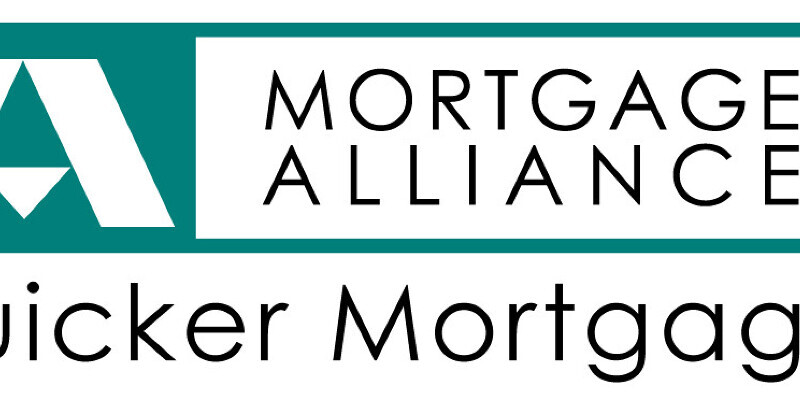For most home buyers, making such a purchase could be impossible without the help of a mortgage loan, which gives the buyer decades. Lenders offer many different types of mortgages, including fixed- and – variable-rate mortgages. Every kind of mortgage contains features to fulfill the requirements of borrowers that are certain and has its own dangers.
Terminology
Despite their similarity, the terms variable-rate mortgage and adjustable-rate mortgage don’t necessarily have the exact same meaning. Mortgage is a more general term being used throughout the world. In the USA, the term adjustable-rate mortgage is considerably more common. An adjustable-rate mortgage is defined by the Federal Reserve Board as any mortgage. Even though this is the same eligibility for naming a variable-rate mortgage, economists that refer to a adjustable-rate mortgage, or ARM, are generally suggesting an American mortgage that falls under the oversight of the U.S. government.
Initial Rate
Most mortgages begin with a low interest rate. This makes them attractive to home buyers and retains the mortgage payment low. They agree on a first rate period, which defines how long the rate will endure when debtors sign a mortgage agreement for a mortgage. This might be anywhere depending on the loan’s terms. The interest rate may change, resulting in a higher, or lower, monthly invoice for the debtor, once this period passes.
Variations
Variable-rate mortgages have terms that specify the adjustment period. This describes the frequency with which the interest rate may be adjusted by the lender. Adjustment periods vary from once every couple of weeks to once every several decades. When the modification period has passed, a new interest rate is computed by the lender based on an index, which is a mathematical formula which incorporates economic information such as interest rates elsewhere in the creditor’s own margin for profit and the market.
Hazards
Even with a lower payment mortgages incorporate a danger if the interest rate increases. Homeowners who fail to see an increased earnings as interest rates, rise, and obligations might find it tough to make each month’s mortgage payment. Additionally, higher monthly bills can place strain. In the end, homeowners who buy a house with a variable-rate mortgage with the intent of selling before interest rates rise may find themselves pressured to sell at a period when home values are reduced, or maintain the house and pay the higher mortgage rate while hoping for home values to rise.
Alternatives
Fixed-rate mortgages are the alternative to variable-rate mortgages. They feature a rate that doesn’t change for the entire life of the loan, though it could be higher than the initial rate of a variable-rate mortgage initially. Is just another alternative to dealing with a mortgage’s price gains. But for backing out of the mortgage, Which Might negate some or all of the savings homeowners who want to secure a lower interest may need to pay a prepayment penalty
